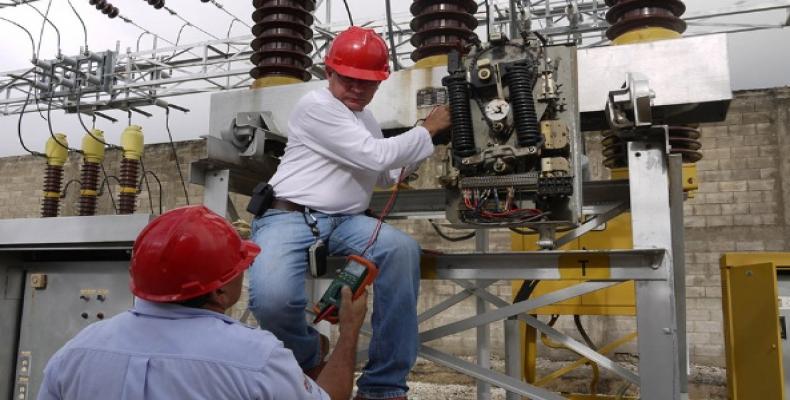Caracas, December 10 (teleSUR-RHC)-- Opposition mayor from the city of Baruta called on lawmakers from the Democratic Unity Roundtable (MUD) to dismantle the nation’s state-owned electricity and water companies, Wednesday.
“They only exist to drain the money from Venezuelans, we issue monthly payments to this atrocious state-run company to provide us with electricity and look at the results,” Mayor Gerardo Blyde stated.
Blyde also called on incoming opposition lawmakers to secure their state resources in order to “strengthen” the country’s electricity services.
Nationalized in 2007, Corpoelec relies heavily on government subsidies and has encountered transmission difficulties, which occasionally lead to sporadic outages in some parts of the country.
However, Venezuela now produces three times more electricity per capita than the Latin American average, a result of policies initiated by President Hugo Chavez after he was elected in 1999 and continued by the current Maduro administration, which approved $700 million to continue expanding the national electricity system in 2013.
Over the last decade, several Latin American countries such as Venezuela and Bolivia have carried out successful nationalization projects in the areas of water, electricity, health, education, telecommunications and other public services. In the former, 100% of the population now have access to electricity, according to World Bank figures.
In the decade prior to the Bolivarian revolution, Venezuela’s electrical production capacity increased by just just 33 megawatts. This contrasts with the first ten years of Chavez’s government, when it increased by 3,229 megawatts. This was a result of sustained economic growth and a 50% reduction in poverty.
Today, the Venezuelan state has become the main wealth generator in the country by increasing government royalties from the country’s oil reserves.


